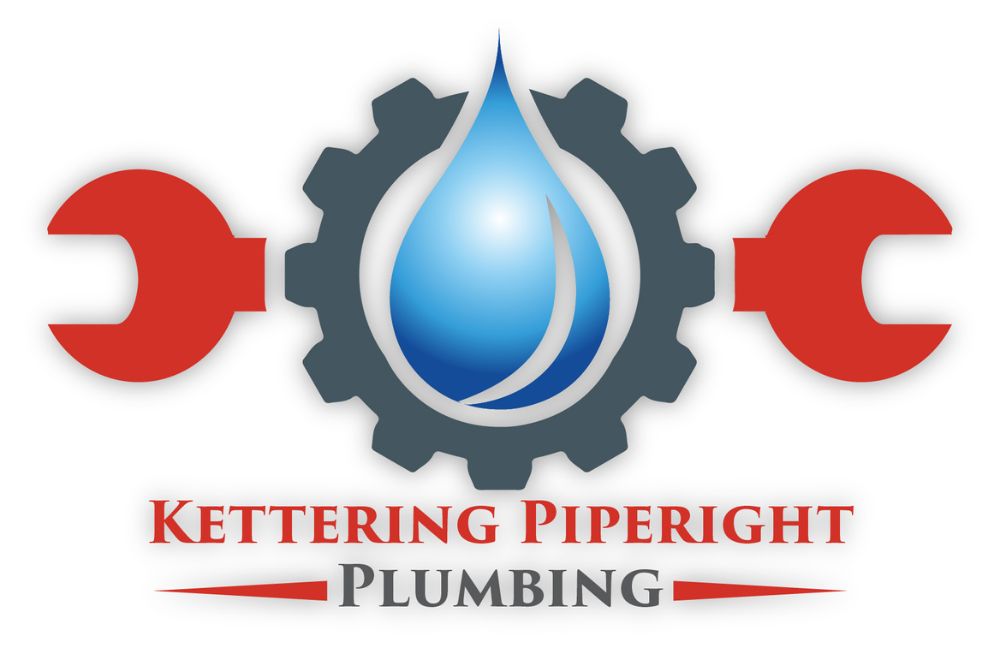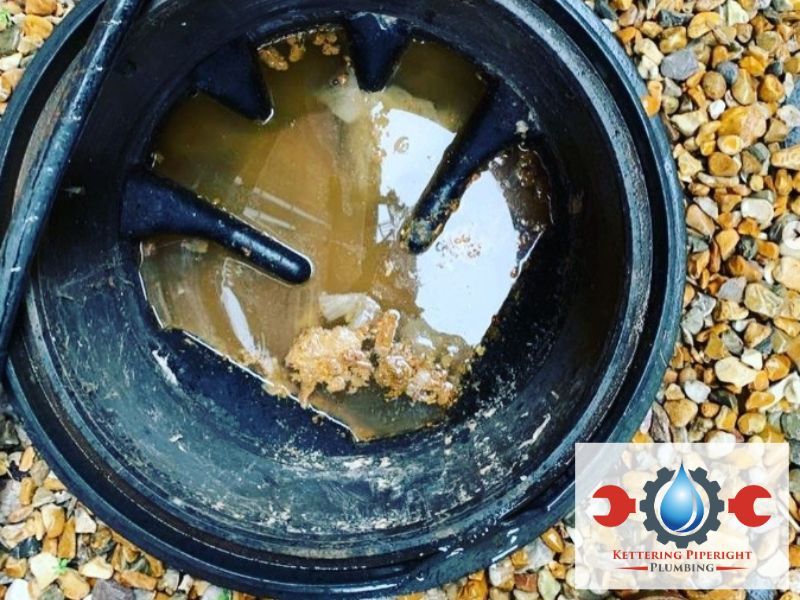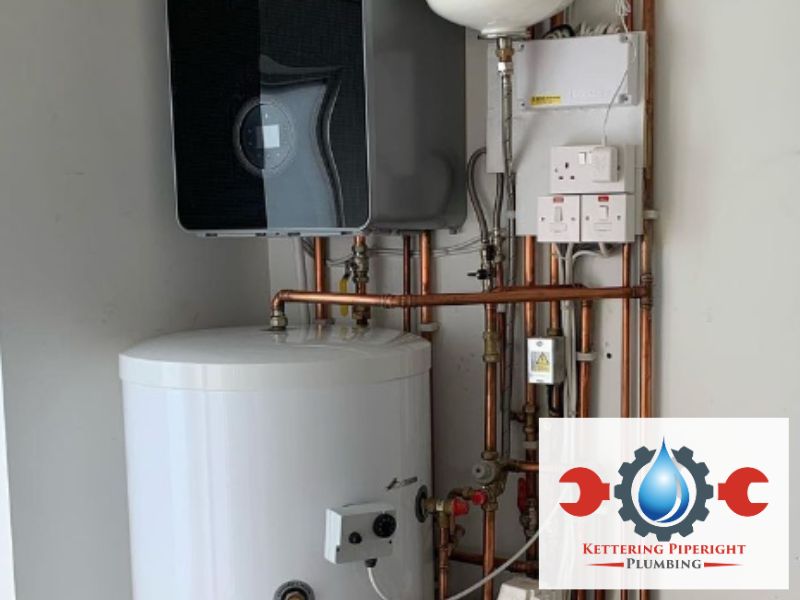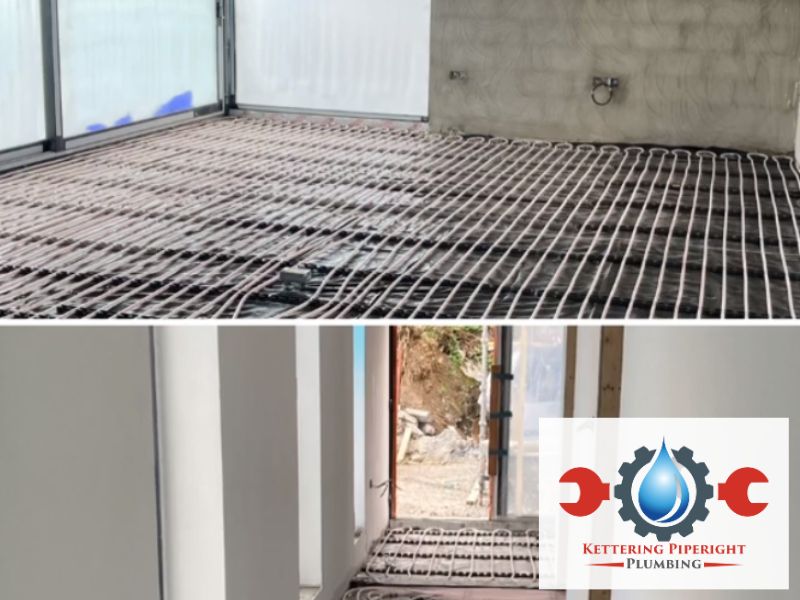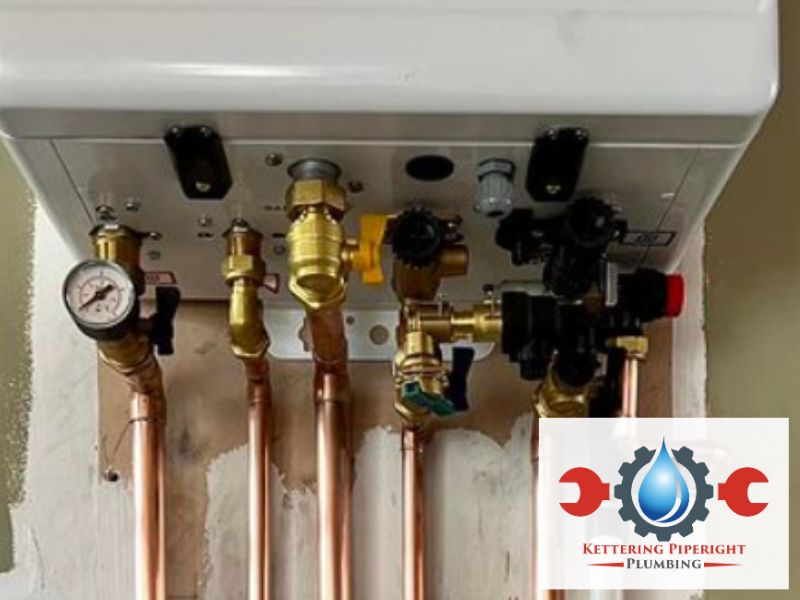Fed up with dealing with annoying blocked drains in your home? No need to fret, we’ve got you covered.
We will delve into the typical reasons for blocked drains in the UK and offer you practical remedies to unblock them.
From recognising a blocked drain to do-it-yourself techniques and expert solutions, we’ll assist you throughout the entire process.
Bid farewell to those exasperating blockages and welcome unobstructed drains!
Common Causes of Blocked Drains in the UK
If you’re experiencing a blocked drain in the UK, one common cause could be the accumulation of grease and fat. When cooking oils, fats, and grease are poured down the drain or flushed down the toilet, they can solidify and stick to the inner walls of your pipes.
Over time, this buildup can lead to blockages that restrict water flow and cause drains to become blocked. This creates inconvenience for homeowners and has significant environmental impacts. Blocked drains can result in sewage backups and overflow, which can contaminate local water sources and harm aquatic life. Blocked drains also pose health risks as stagnant water becomes a breeding ground for harmful bacteria and pests.
To prevent these issues, it is crucial to dispose of grease and fat properly by collecting them in containers and disposing of them in designated waste bins rather than pouring them down the drain or flushing them away.
How to Identify a Blocked Drain
To identify a blocked drain, you can start by checking for slow drainage and unpleasant odours coming from your pipes. Here are three signs to look out for:
- Water backup: If water starts backing up in sinks, bathtubs, or toilets when you use them, it’s a clear indication of a blocked drain. This happens because the water cannot flow freely due to an obstruction.
- Gurgling sounds: Pay attention to any gurgling noises coming from your drains when you flush the toilet or run the sink. These sounds occur because air is trapped in the pipes due to blockages.
- Foul smells: Blocked drains often emit unpleasant odours caused by stagnant water and decomposing waste materials. If you notice persistent foul smells near your drains, it’s likely that there’s a blockage that needs addressing.
Ignoring these signs can have serious consequences such as overflowing sewage, structural damage to your plumbing system, and costly repairs. It’s important to address blocked drains promptly by seeking help from a plumbing service or using appropriate DIY methods before the situation worsens.
DIY Methods to Unblock Drains
You can try using a plunger to unblock your drains by creating suction and dislodging the blockage. This is one of the easiest and most effective DIY methods for unblocking drains.
Start by covering the drain with the plunger, making sure it creates a tight seal. Then, push down firmly and pull up quickly, repeating this motion several times. The suction created by the plunging action can help break up any blockages and allow water to flow freely again.
If using a plunger doesn’t work, you can also try some natural remedies or chemical cleaners. Natural remedies like bicarbonate of soda and vinegar can be poured down the drain followed by hot water to dissolve grease or other organic materials causing the blockage.
Chemical cleaners are another option but should be used with caution as they contain strong chemicals that may cause damage if not used properly. Always follow the instructions on the label when using chemical cleaners.
Professional Solutions for Unblocking Drains
One option for unblocking drains is to hire a professional plumber who possesses the necessary tools and expertise to effectively clear any blockages. Here are three reasons why you should consider professional solutions for unblocking drains:
- Commercial drain unblocking services: Hiring a professional plumber ensures that you receive specialised services designed specifically for commercial properties. They possess the knowledge and equipment to handle larger, more complex drainage systems commonly found in commercial buildings.
- Emergency drain unblocking: When faced with a blocked drain emergency, time is of the essence. Professional plumbers offer 24/7 emergency services, ensuring that your blocked drain issue is resolved promptly and efficiently.
- Expertise and experience: Professional plumbers have extensive training and experience in dealing with various types of blockages. They can quickly identify the cause of the blockage and employ effective techniques to remove it without causing further damage to your plumbing system.
Preventing Future Blockages in Your Drains
Regularly maintaining your drains can minimise the risk of future blockages. It is important to understand the significance of regular drain maintenance to keep your plumbing system functioning properly.
One eco-friendly way to prevent drain blockages is using a drain strainer or a hair catcher. These simple devices can be placed over the drains in your sinks and showers to catch any debris before it goes down the pipes.
Another method is to avoid pouring grease or oil down the drains as they can solidify and cause blockages. Instead, dispose of them in a container and throw it in the bin.
Additionally, periodically flushing hot water down the drains helps remove any buildup and keeps them clear.
Regular maintenance prevents blockages, promotes efficient water flow, and extends the lifespan of your plumbing system.
Frequently Asked Questions
How much does it cost to hire a professional to unblock a drain?
Hiring a professional to unblock a drain can be a cost-effective option in the long term. However, if you’re looking for more affordable solutions, there are DIY drain unblocking techniques you can try.
These include using a plunger or drain snake to remove blockages. It’s important to note that the cost of hiring a professional may vary depending on the severity of the blockage and the location.
Consider weighing up your options before making a decision.
Are There Any Natural Remedies or Household Products That Can Be Used to Unblock Drains?
If you’re looking for natural remedies or alternatives to chemical drain cleaners, there are a few options available.
One popular method involves using a combination of bicarbonate of soda and vinegar, which can help break down blockages.
Another option is to use a plunger to create pressure and dislodge the blockage.
Additionally, you can try using a drain snake or auger to physically remove the blockage.
Remember to always exercise caution when attempting these methods and consider calling a professional if the issue persists.
Can a Blocked Drain Cause Damage to My Property?
Ignoring a blocked drain can lead to significant consequences for your property. Just imagine a dam holding back water that suddenly bursts, causing a flood that damages everything in its path. A blocked drain operates in a similar way, resulting in water overflow that can harm your home.
To prevent this from happening, regular maintenance is essential. Clearing debris and using drain guards can help prevent blockages. Do not ignore the signs of a blocked drain; take action to protect your property from potential damage.
Is It Safe to Use Chemical Drain Cleaners to Unblock Drains?
Using chemical drain cleaners to unblock drains can have advantages and disadvantages.
On one hand, they can quickly dissolve blockages and restore proper drainage. However, it is important to be aware that these cleaners contain harsh chemicals that can be harmful to your pipes and the environment.
Furthermore, if not used correctly, they may cause injuries or harm to your skin and eyes.
Safer alternatives to consider include using a plunger, drain snake, or natural solutions like bicarbonate of soda and vinegar.
What Are the Signs That Indicate a Drain Is About to Become Blocked?
Warning signs that indicate a drain is about to become blocked include slow draining water, gurgling sounds, and unpleasant odours. These signals should not be ignored, as they can lead to more serious issues if left untreated.
To prevent blockages, regularly clean your drains by flushing them with hot water or using a mixture of bicarbonate of soda and vinegar. Additionally, avoid disposing of grease, hair, or other debris down the drain.
Taking these preventive measures will help keep your drains clear and functioning properly.
We thank you for taking the time to read our post. Please check out some of the services we offer to our customers:
Central Heating Engineers
Boiler Repair, Installation & Servicing
Emergency Plumbers
Bathroom & Kitchen Fitters
Blocked Drains
Gas Safety Certificates
Underfloor Heating
Powerflushing & Radiator Repairs
